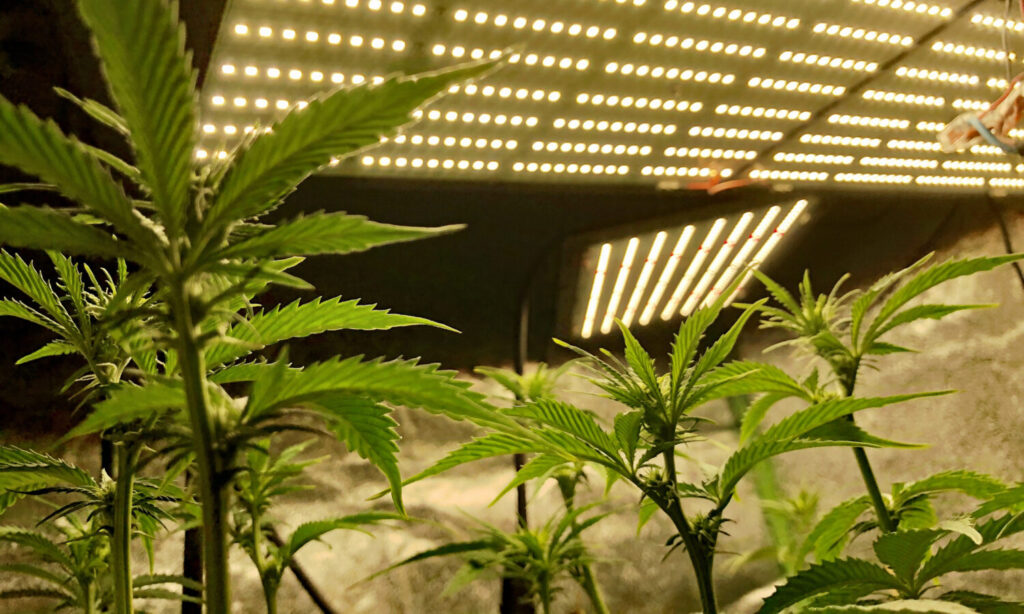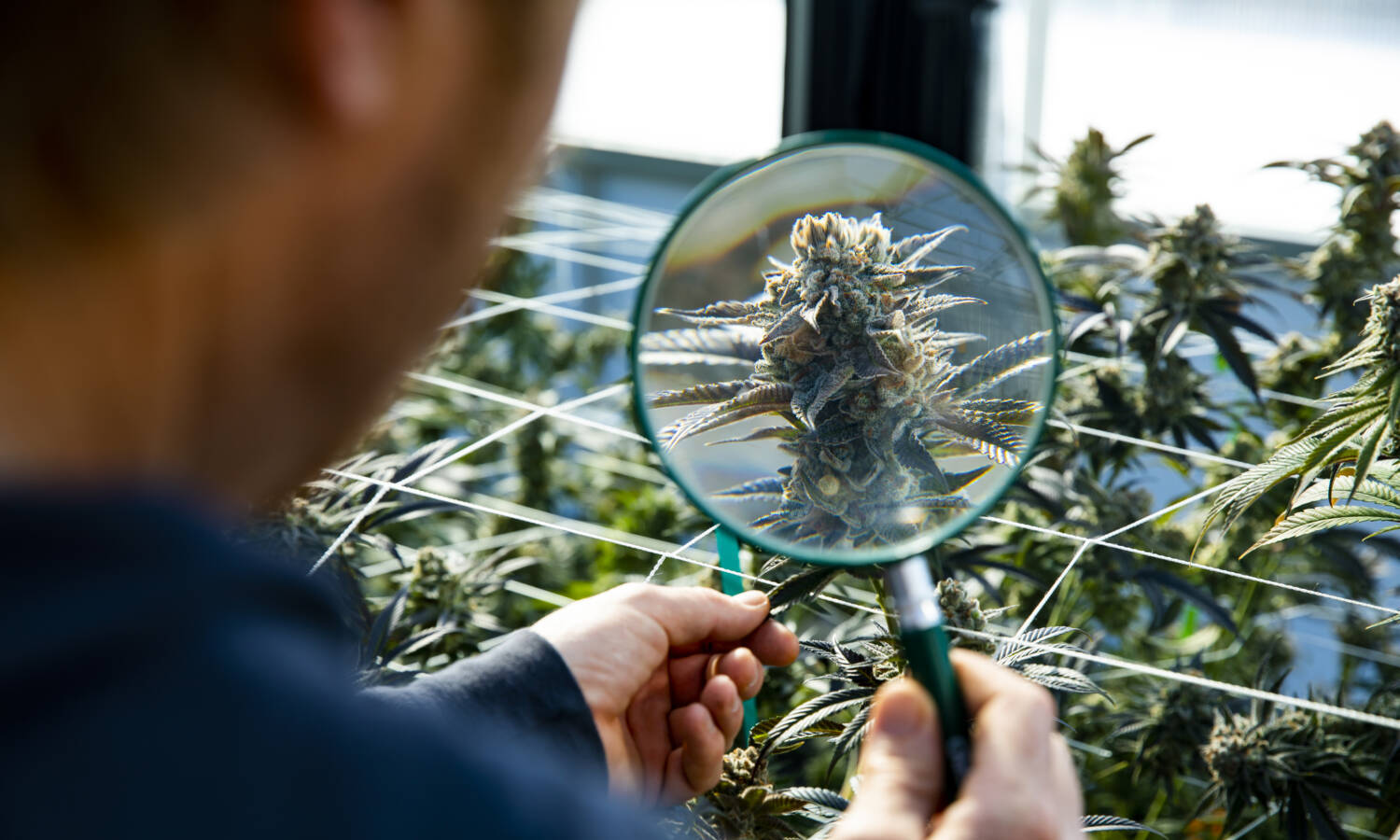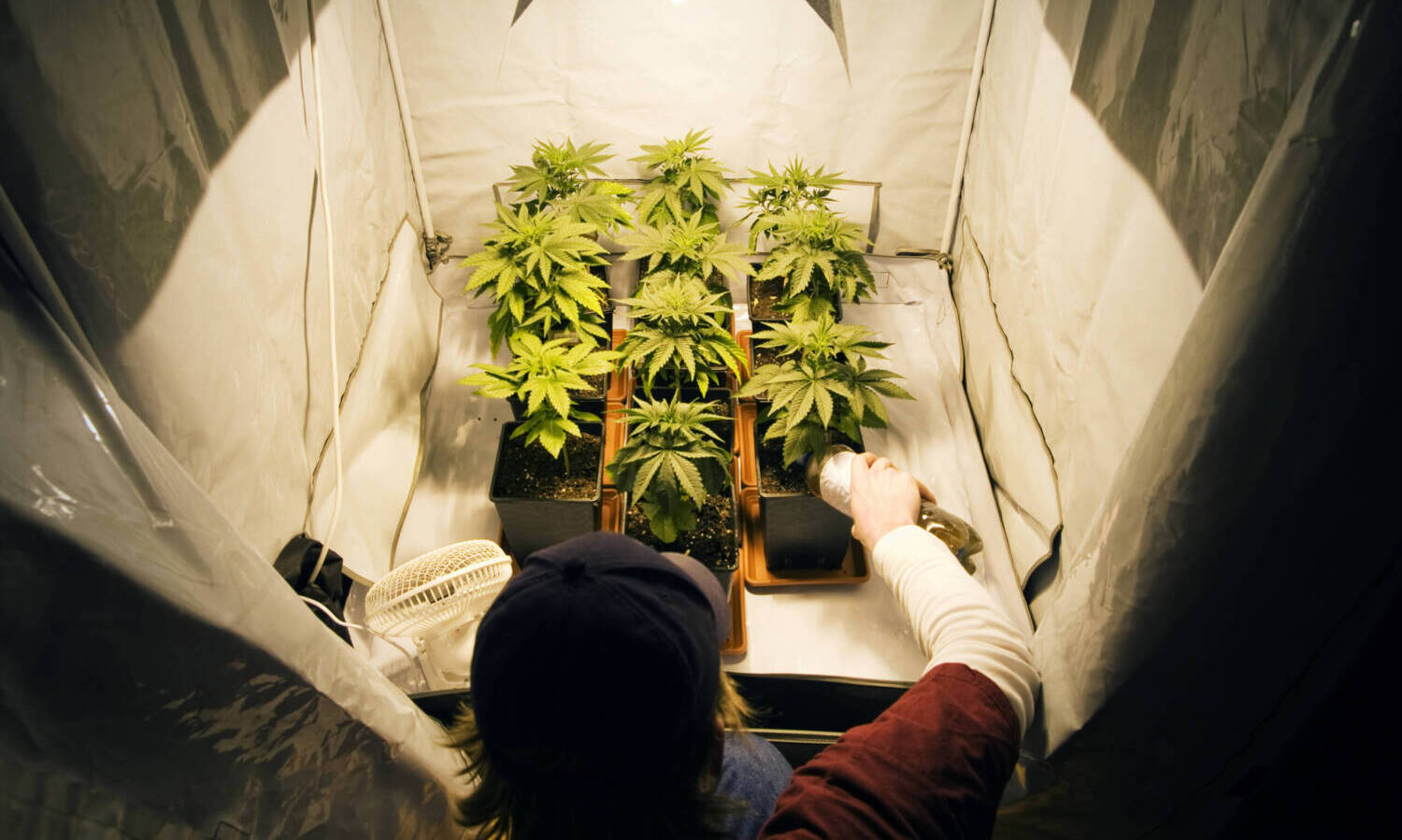
This article originally appeared on Cannabis.net and has been reposted with permission.
If you’re considering growing your first ever cannabis crop, congratulations! It’s a massively rewarding thing to do and even experienced growers will feel envy, a little like seeing someone discover a great movie or piece of music for the first time.
However, you are also embarking on a road strewn with traps for the unwary. Here, we highlight some of the more common rookie errors and how to avoid them.

The Bag Seed of Doom
Oh, it is so tempting. A free cannabis seed that magically appeared in your bag of buds. The buds were great, so surely this will produce a plant that delivers more of the same? Don’t waste your time. The seed could be anything, it’s most likely a male, in which case you won’t get any buds at all, and even if it is not, it’s highly unlikely to produce the same buds that you bought.
Getting off on the right foot starts with having the right seeds, so visit an online seed bank such as Zamnesia and choose the exact type that you want. There will be more than enough surprises on your growing journey without throwing mystery seeds into the mix!
Trusting Luck With pH and Nutrients
Remember what your mother told you about what it takes to grow up big and strong? The same applies to cannabis plants. It’s easy to get overwhelmed by all the nutrient advice that’s out there and the associated acronyms, and you wouldn’t be the first rookie grower to throw your hands up in despair, give the plants a good watering and hope for the best.
Even if you think you’ve got it covered with nutrient-rich organic super soil, it counts for nothing if the pH is off-kilter, as this will prevent the roots from absorbing whatever nutrients are there. Most nutrient problems are actually pH problems, so keep that at the right level and the battle is more than half won. If you are growing in soil, the pH should be between 6.0 and 6.5. With coco coir or hydroponics, aim closer to 6.0, or fractionally below.
Underestimating Light Requirements
Lights are expensive, and so is electricity these days, that is understood. But here’s a word to the wise. If a basic household lightbulb was sufficient, then all the professional growers would be using them instead of their expensive HID and LED set ups!
RELATED: Is There Really Any Difference Between Cannabis Grown Indoors Vs. Outdoors?
Younger plants can manage without lots of light, but you need to be able to crank it up when they get to the flowering stage or your buds will be a disappointment. In short, there is a direct correlation between the light intensity and the amount of bud produced. The type of lights you need depend on your personal set up, but if possible, invest in LEDs. They deliver phenomenal intensity without producing heat and are very energy efficient, so you will thank yourself later as they don’t take long to pay for themselves.
Over or Under Watering
It’s easy to make a blunder on the watering, and it’s something that trips even experienced growers up occasionally. An underwatered plant is plain to see. With thin and brittle leaves that feel dry to the touch, the plant will look generally sickly and sorry for itself. Don’t over-react, but increase the watering frequency and when the plant is looking healthier, consider transferring it to a larger pot.
An overwatered cannabis plant has droopy leaves that are curling downwards and might have yellow or brown spots. The problem is not necessarily that you are giving the plant too much water. It could be down to insufficient drainage or even too large a pot.
Getting the watering just right is a fine art, and different strains of cannabis have different needs. The most important tip is to be on the lookout for signs of trouble so you can react quickly.

Not Enough Ventilation
When you grow indoors, you can be so busy monitoring temperature, humidity and so on that you forget to give your plants a little fresh air. Inadequate ventilation can lead to mold, which in turn, can destroy an entire crop.
Assuming you’re not growing on a large scale, a free-standing fan should be more than adequate to keep the air moving.
Lack of Care
Ventilation is no problem when you grow outdoors, but it does expose you to a whole new set of risks. In short, it boils down to two things: Don’t forget to protect your valuable property and be considerate towards your neighbors.
As far as the first point is concerned, growing cannabis where any passerby can see it is never a good idea, even if you live somewhere where it is perfectly legal. Let’s assume your plant will yield 300g. Average dispensary prices are around $10 per gram. Even in the best neighborhood, you wouldn’t leave a $3,000 car in your yard day and night with the keys in the ignition for all to see. By growing companion plants like chamomile and lavender, you’ll disguise the smell, too.
RELATED: Top YouTube Channels For Growing Your Own Weed
It’s not just thievery you need to think about. You might have been punching the air with delight when cultivation was legalized in your state, but that doesn’t mean your neighbors felt the same. Keep your plants a respectful distance from boundaries so that they are not obvious to the eyes or nose. That’s doubly important if the neighbors have children.
Harvesting Too Soon
Every new grower finds the first harvest stressful, it’s only natural. Harvesting too early is a shame, as it reduces the overall potency and weight after all your hard work. Be patient and wait till most of the pistils have darkened and started to curl in. Choosing the right moment comes naturally with experience, but if it’s your first harvest, these tips will help you along.
Cannabis growing is a great adventure. You’ll never stop learning, but if you keep the above points in mind, you should be off to a flying start.
This article originally appeared on Cannabis.net and has been reposted with permission.






